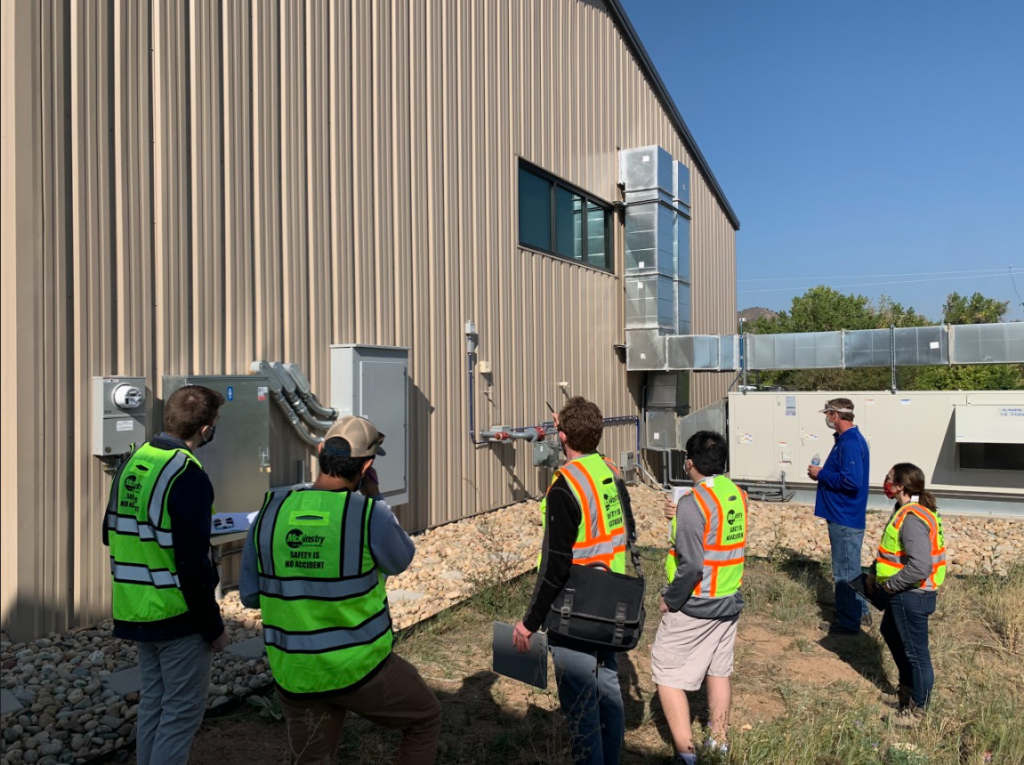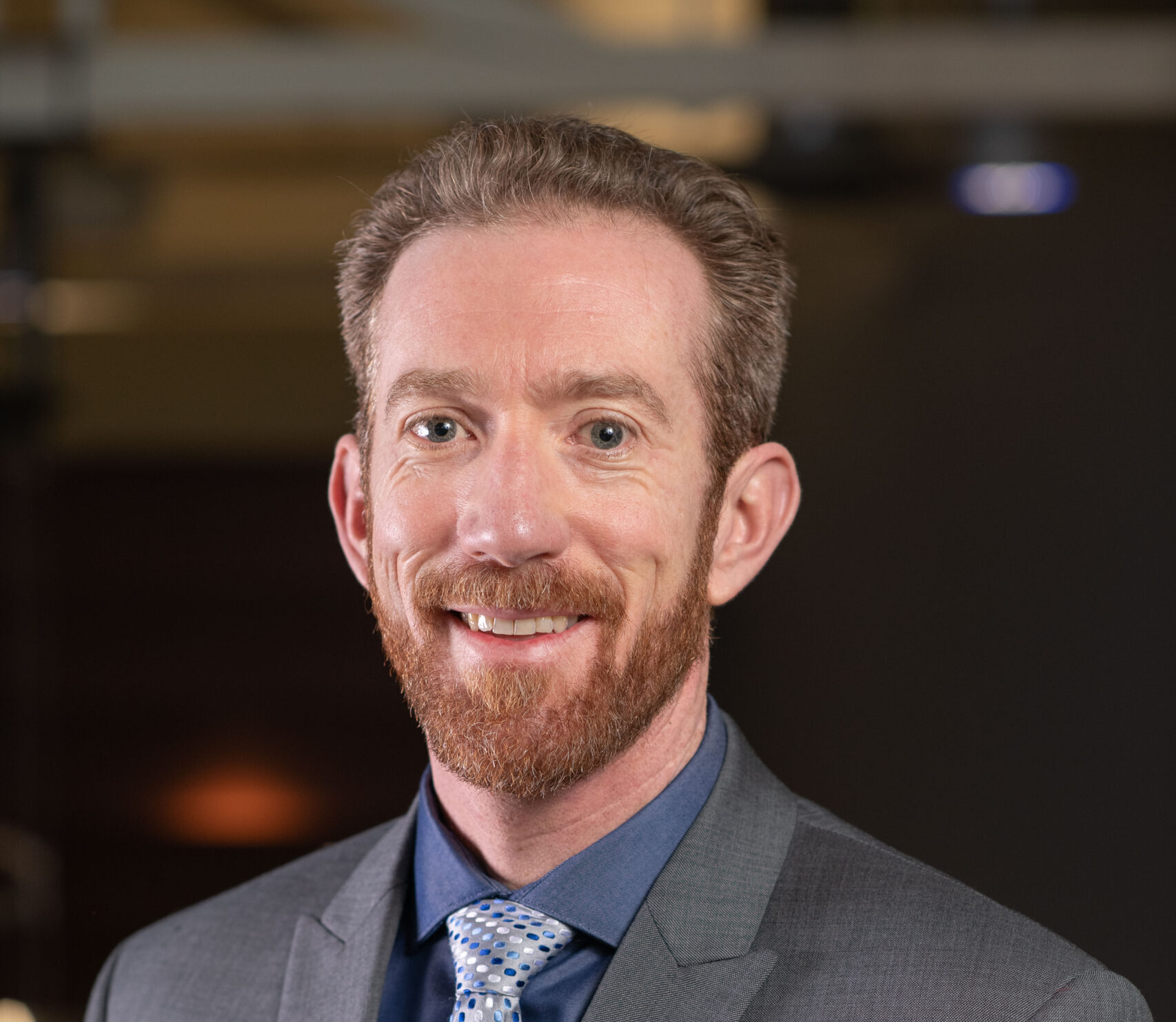Martin Beggs: Renewable Energy Project Development at Colorado School of Mines
“The momentum behind renewable energy is growing stronger every day. Seeing the impact we can have, not just in terms of energy production but in shaping the future of sustainability, is what keeps me passionate about this work. We’re building something that’s going to last, something that’s going to make a real difference.”
Martin Beggs began his journey in renewable energy nearly two decades ago, starting out as an installer and quickly developing a deep passion for the field. “I was drawn to the idea that I could have a direct impact on how we power our world,” he reflects. “Every step in my career has been about learning more and contributing more, from designing systems to managing commercial projects.” This relentless pursuit of knowledge and growth has led Martin to his current role as a Project Director at McKinstry, where he oversees the development of renewable energy projects.
At McKinstry, Martin has been instrumental in advancing Colorado School of Mines’ sustainability initiatives. The partnership between McKinstry and the university has resulted in the deployment of eight solar PV systems on campus, significantly increasing the institution’s solar energy production. “To date, we’ve provided the School of Mines with solar PV engineering, procurement and construction services across eight projects. Collectively, these systems have a capacity of about 1.6 MWdc and are producing roughly 2,100 MWh annually.”
Martin’s leadership in these projects underscores McKinstry’s dedication to helping clients achieve their sustainability goals. “Our work with Mines is a perfect alignment of our mission with their vision,” he explains. “It’s not just about meeting immediate energy needs but about making strategic investments that will yield benefits for decades to come.”

The university has also served as a model for others by leveraging available funding opportunities, effectively partnering with McKinstry to utilize Inflation Reduction Act (IRA) opportunities and push the boundaries of what’s possible, demonstrating that sustainability is achievable on a grand scale. With its Sustainability Plan guiding the way, the school has committed to reducing greenhouse gas emissions, increasing energy efficiency and fostering a culture of sustainability among students, faculty and staff.
Looking ahead, Martin recognizes challenges that come with expanding solar energy on a campus as developed as Mines. “With the campus being so densely built, there aren’t many opportunities left to add more solar installations, but new buildings or re-roofing projects could open up new possibilities for further solar deployment.”
The investments being made by the Colorado School of Mines extend beyond mere energy savings; they are essential to upholding the university’s reputation as a leader in sustainability. “These projects are about more than just reducing costs—they’re about reinforcing the university’s commitment to its Sustainability Plan. By demonstrating real progress in renewable energy, Mines not only meets the expectations of current stakeholders but also positions itself as a top choice for future students who prioritize sustainability.”
As he looks to the future, Martin remains driven by the potential of renewable energy to transform the way we live. “The momentum behind renewable energy is growing stronger every day. Seeing the impact we can have, not just in terms of energy production but in shaping the future of sustainability, is what keeps me passionate about this work. We’re building something that’s going to last, something that’s going to make a real difference.”


